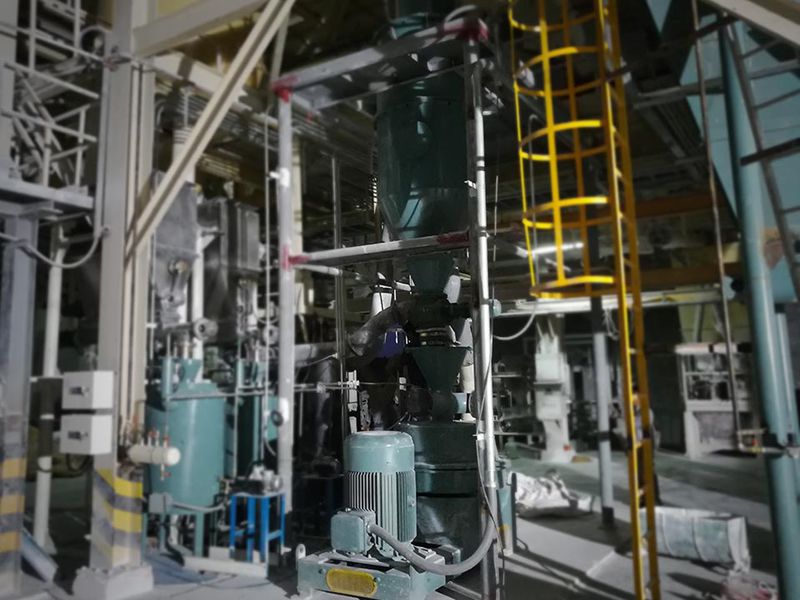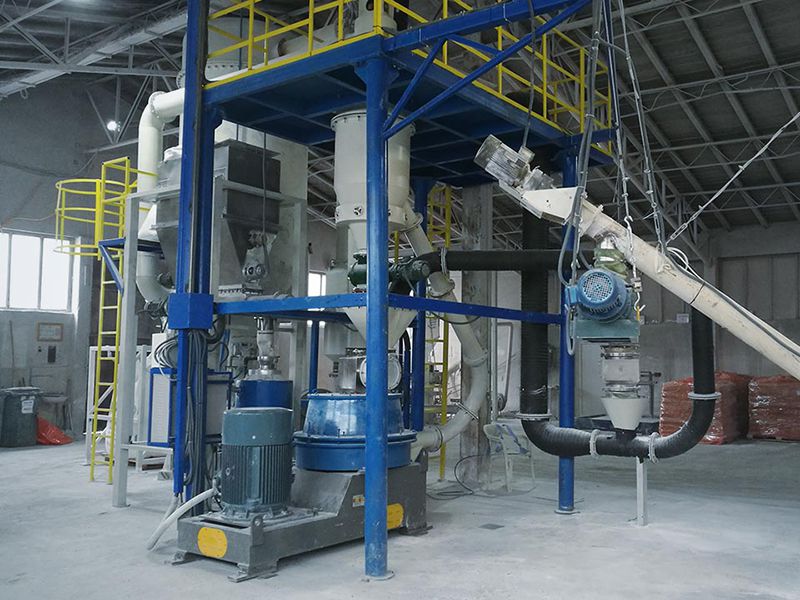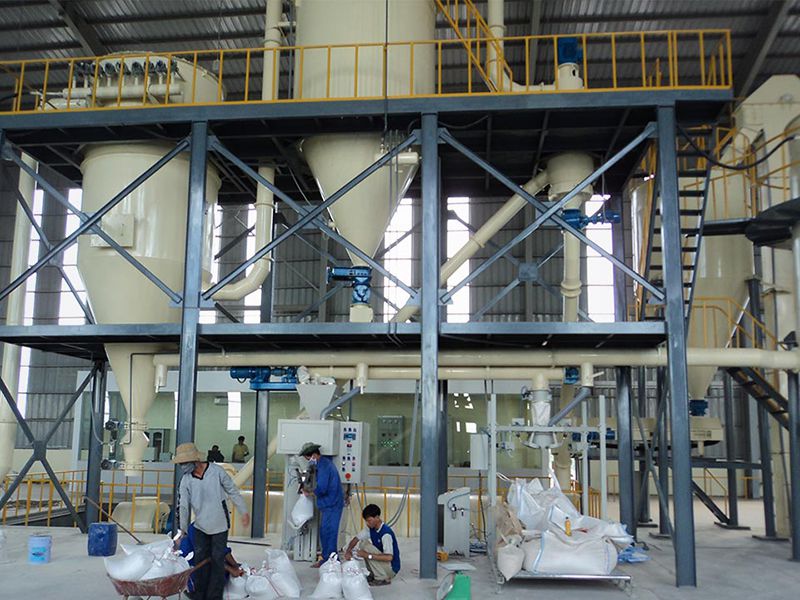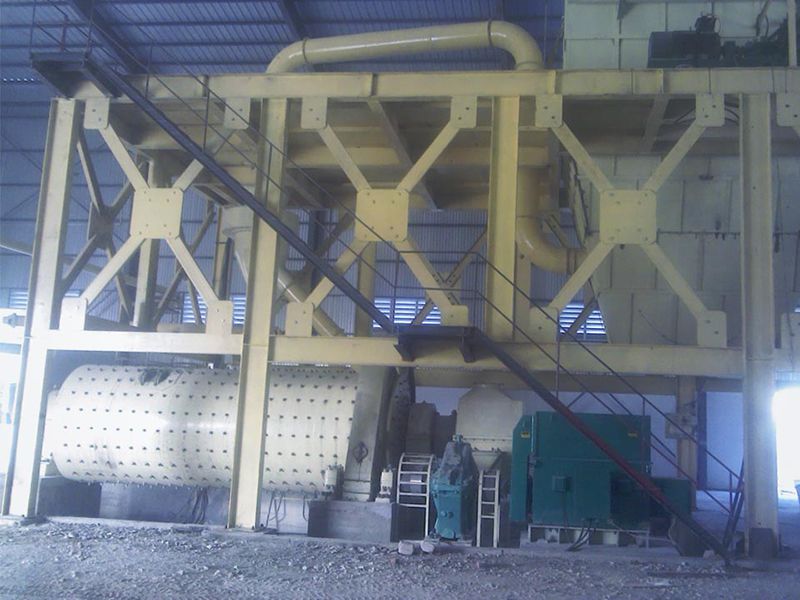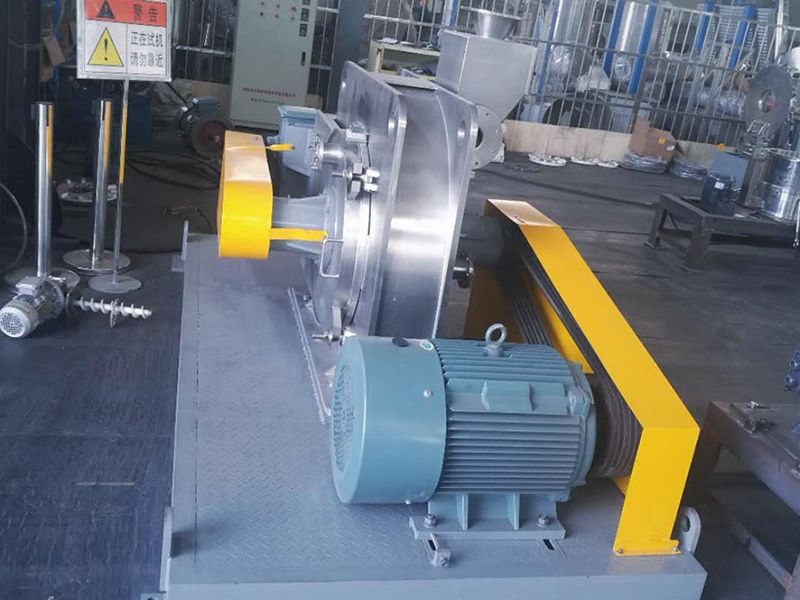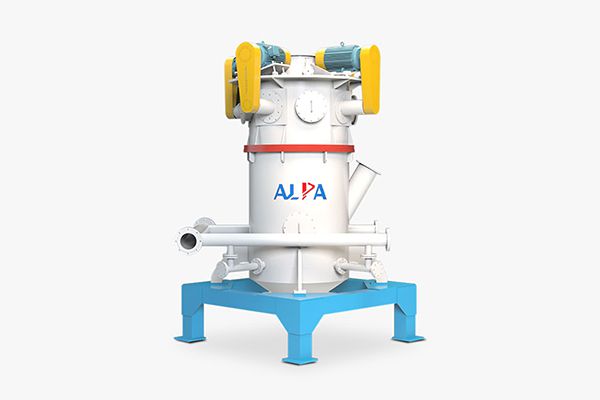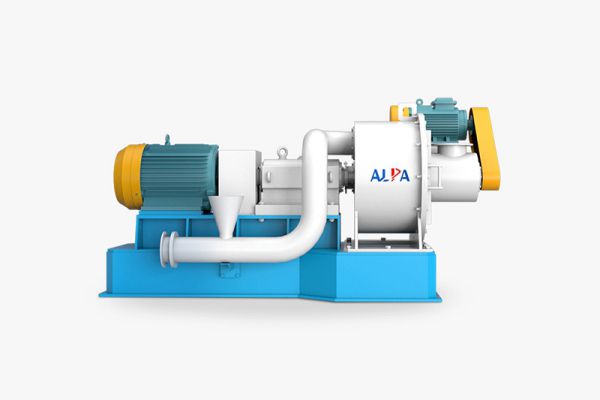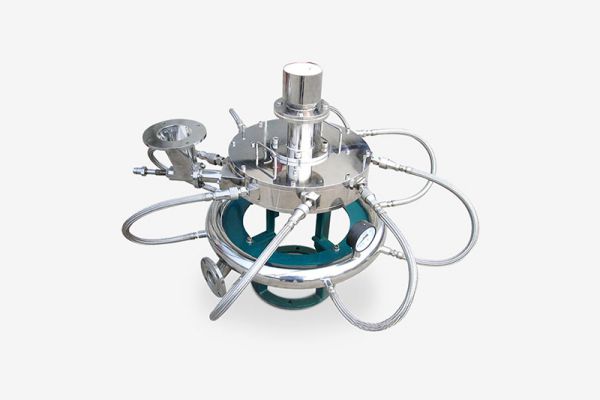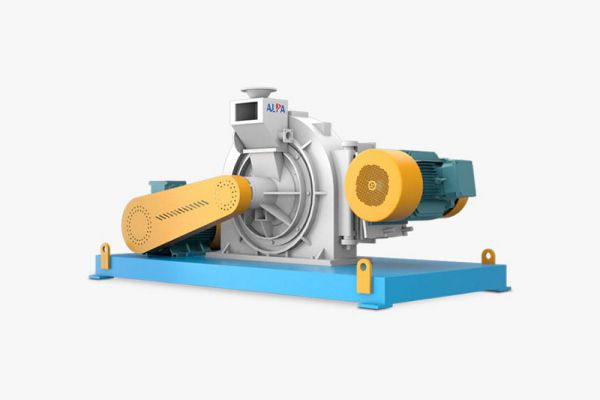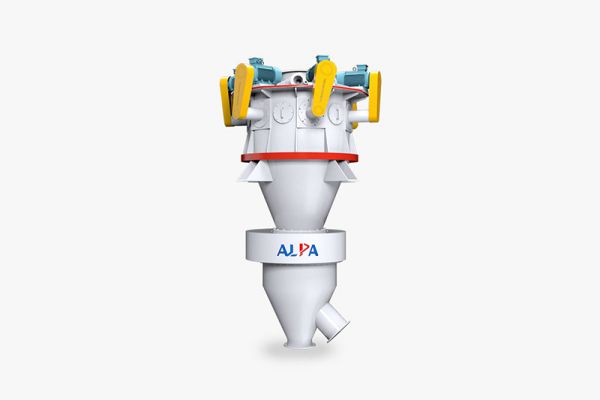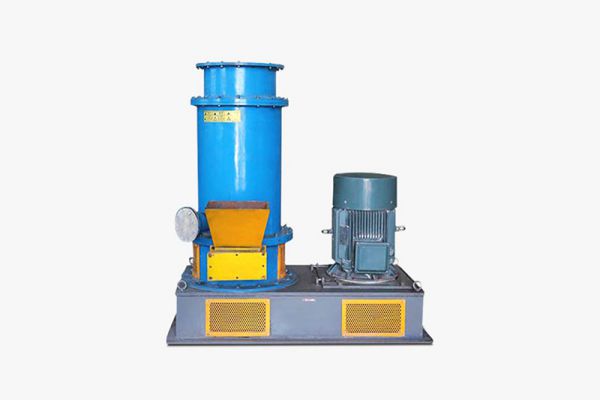Currently, over 3,000 natural minerals are known to exist in nature, as well as an additional 200 types that are more commonly encountered. Silicate minerals accounting for around 90% of the crust, while other major minerals include natural elements, sulfides, oxides, halides, carbonates, sulfates, and phosphates.
Industrial minerals like salt, borate, barite, quartz sand, gypsum, limestone, fluorite, graphite, magnesite, foundry sand and refractory clay are utilized across a wide range of industries. These minerals are used as raw materials in the chemical industry and as combustion-supporting agents in steel-making. In addition, phosphides, nitrates and potash are essential for the production of fertilizers, while ceramics, grinding, oil-well drilling, mud and filtration processes also depend on various minerals.
Incorporation of non-metallic powder fillers, including calcium carbonate, kaolin, talc, quartz, wollastonite, asbestos, magnesium hydroxide and aluminum hydroxide, into materials such as plastics, rubber and adhesives can improve their overall properties. In order to attain this, the surface of these fillers must be modified to facilitate better compatibility and dispersal in the matrix and maximize its strength.
The core principle that ALPA adheres to in industrial mineral processing is “green and high-value”. Through extended practice, ALPA has gained substantial experience and can offer a complete set of technology and processing machinery regarding mineral production.











